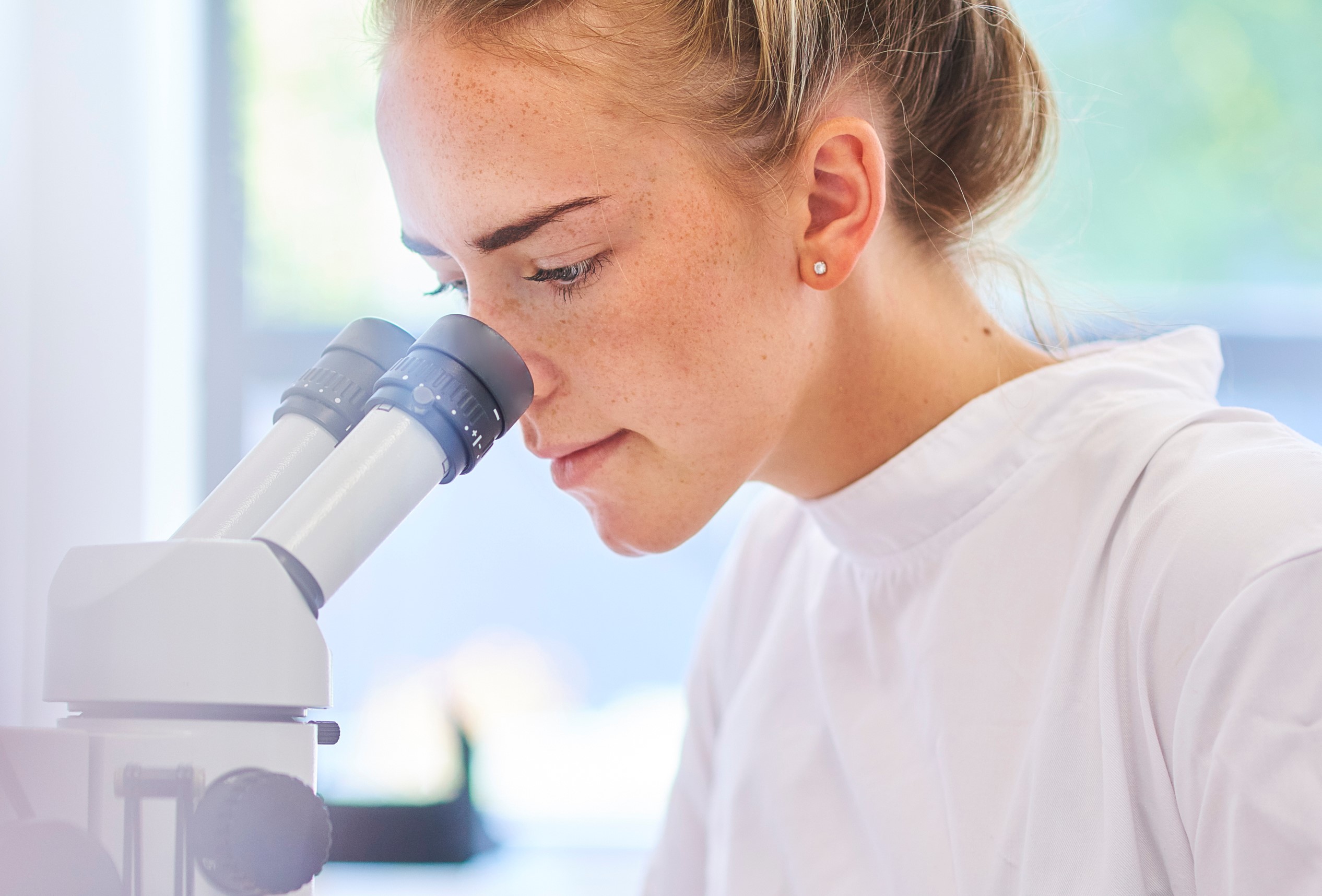
Effect of turmeric on hormone of rabbits
DESCRIPTION
The present study investigated whether dietary turmeric (Curcuma longa L.) can improve rabbit reproduction, ovarian function, growth, or viability.
Female White rabbits were either fed a standard diet or enriched with 5 g or 20 g turmeric powder per 100 kg feed mixture.
After 295 days, weight gain, conception and kindling rates, pup and mother viability, ovarian macro- and micro-morphometric indices, release of leptin in response to the addition LH, and the release of progesterone, testosterone and leptin by isolated ovarian fragments were analyzed.
Dietary turmeric failed to affect ovarian length and weight but increased the number of primary follicles, as well as the diameter of follicles.
Turmeric also increased the number of liveborn and weaned pups and decreased the number of stillborn pups but did not affect weight gain, conception, or kindling rate.
Furthermore, dietary turmeric decreased doe mortality during the first reproductive cycle (13.3% in control; 0% in E1; and 6.7% in E2) but not during the second cycle.
In vitro, the ovaries of the turmeric-treated rabbits released more progesterone and less testosterone and leptin than the ovaries of control rabbits.
Moreover, LH decreased the leptin output of control rabbits but increased that of experimental rabbits. Therefore, it is likely that dietary turmeric improves pup viability and that it could promote rabbit fecundity by either (1) promoting the production of primary ovarian follicles or (2) stimulating the growth of follicles at all stages of folliculogenesis.